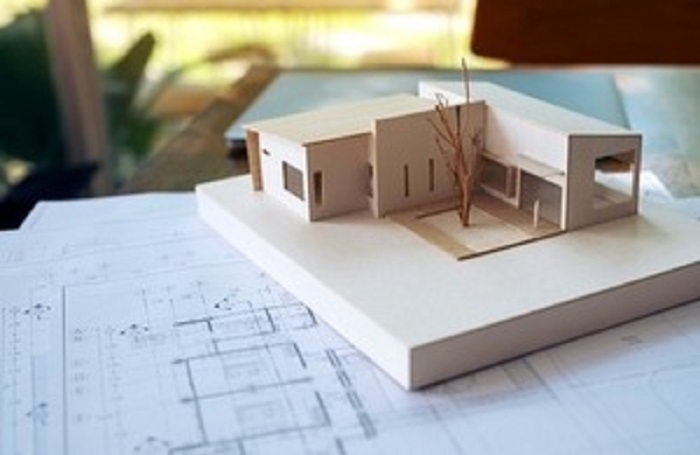£18 million Industrial Strategy Challenge Fund investment in research and innovation projects will transform how the UK delivers buildings and infrastructure.
Using artificial intelligence to predict and plan construction projects and avoid possible delays is one of the ideas to win funding to transform how the UK delivers buildings and infrastructure.
Just over £18 million is being invested through the Industrial Strategy Challenge Fund in research, development and innovation projects to support a more efficient, highly-skilled and productive construction industry.
The funding from UK Research and Innovation is part of the transforming construction challenge – a £170 million government commitment, matched by £250 million from industry – to embed new approaches and techniques that enable the UK to become a world leader.
Business-led collaborations
A total of £13.3 million has been awarded to 24 projects, which will see industry collaborate with the research base to innovate.
Included in the awarded projects are:
- a project by nPlan, Kier and the University of Cambridge, which will use AI and algorithms to better predict, plan and schedule construction projects. The aim is to optimise buildings and reduce time and cost
- a consortium including housebuilder, Barratt Developments, and one of the largest social landlords, L&Q, which aims to make offsite manufacturing a viable alternative to traditional methods by exploring how it can bring down the costs, reduce defects and improve productivity
- a Keltbray Group-led project to develop a new piling technology that will enhance capacity and improve sustainability when laying foundations
For all projects, the ultimate aim is to:
- develop digitally-enabled simulations that support the design and management of buildings
- adopt offsite manufacturing approaches that improve the quality of buildings
- create active power generation and storage within buildings
Construction Minister, Richard Harrington, said:
The use of artificial intelligence, digital techniques and off-site manufacturing help us harness new methods of working and delivers on the government’s Construction Sector Deal.
These new methods to help the construction industry are a testament to the government’s modern Industrial Strategy’s aims of building a better tomorrow for us all through scientific and technological advances.
Talented teams addressing complex challenges
A further £5 million is being invested to support successful research leaders to build talented teams and take on a complex research programme within the context of the transforming construction challenge.
There are 4 research projects that will share funding. These range from exploring the potential for digitally-designed, 3D-printed concrete components, to assessing the use of robots for both on and off-site construction.
Another project will look at integrating voice-activated AI and augmented reality in the assembly of components to speed up construction and increase productivity.
Industry working directly with researchers
Professor Sir Mark Walport, UKRI Chief Executive, said:
Technologies being developed in the UK provide a significant opportunity to transform the way we build, such as the use of augmented reality to improve design or robotics to aid complex building assembly.
Through projects such as these, the Industrial Strategy Challenge Fund allows us to catalyse innovation across the UK’s construction industry, improving productivity, sustainability and safety.
Sam Stacey, Director of the Transforming Construction Challenge, added:
These grants play a key role in advancing transformation across the sector.
They will help the construction industry work directly with talented researchers to explore new ways of working that will speed up assembly, save money, and improve the quality of building projects.










